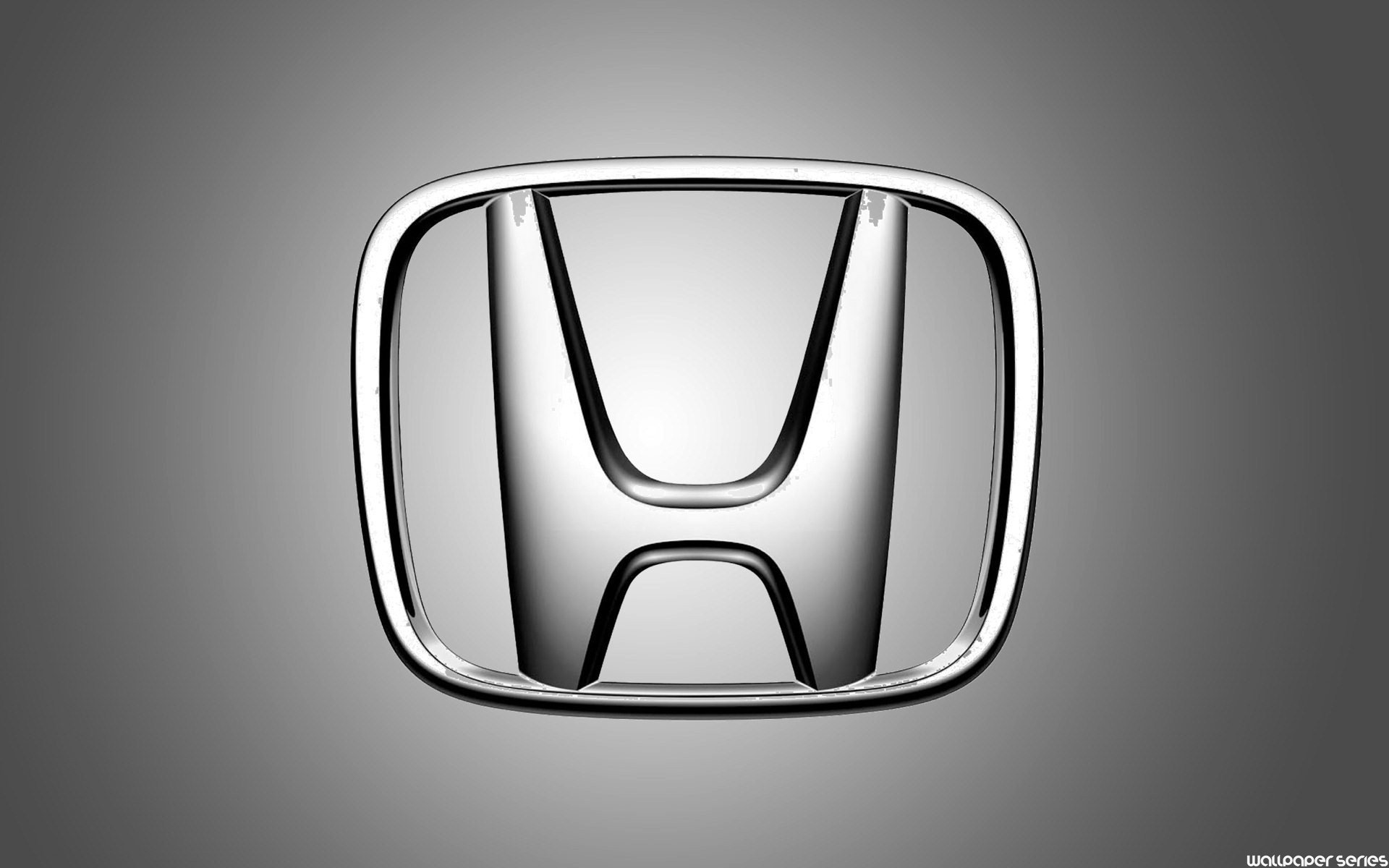In general, all other things being the same, yes. The V8 is going to have bigger pistons or more stroke vs the V10, which means more intertia -> more stress -> lower RPM breaking point.Honda Porsche fan wrote: ↑27 Oct 2022, 22:29Does a large displacement V4, V6, V10, V12 with a 180 crank suffer the same vibration issues as the 90 degree V8 ?Hoffman900 wrote: ↑27 Oct 2022, 22:13A short stroke for a V8 (3.15in) and a rpm limit dictated by the restrictor and rules that keep piston speeds down. Going back to the bore thing, this means the engine can’t really be any bigger than 5.5L. It would never survive at its factory delivered rpm limit for a 24hr race.Honda Porsche fan wrote: ↑27 Oct 2022, 21:46
The Corvette C8R raced in IMSA and raced at the 24 Hours of Le Mans and Rolex Daytona, are those production based engines and if so how do they get them to last ?
A NASCAR Cup engine has a 3.25in stroke and the rpm they run at, a 180* crank would shake the entire thing apart. I know third hand of a Pro Stock team who tried one in the late 90s and it didn’t get very far.
The Ford Voodoo 180 crank had a 3.7xin stroke and had all sorts of warranty issues from the vibrations and they stopped making it.
The 180* crank doesn’t really make more peak power, but can help with the power curve shape. It also helps with pulling on the ACO mandated restrictors easier.
Can a 6.0 liter V10 with a 180 crank rev higher than a 6.0 liter V8 with a 180 crank ?
The most recent v10 close to 6L that I can remember is the 5.7L unit used in the Carrera GT. Dodge had (has?) a giant 8.4L v10, but that's about as far away from a 180* flat plane as you can get.

